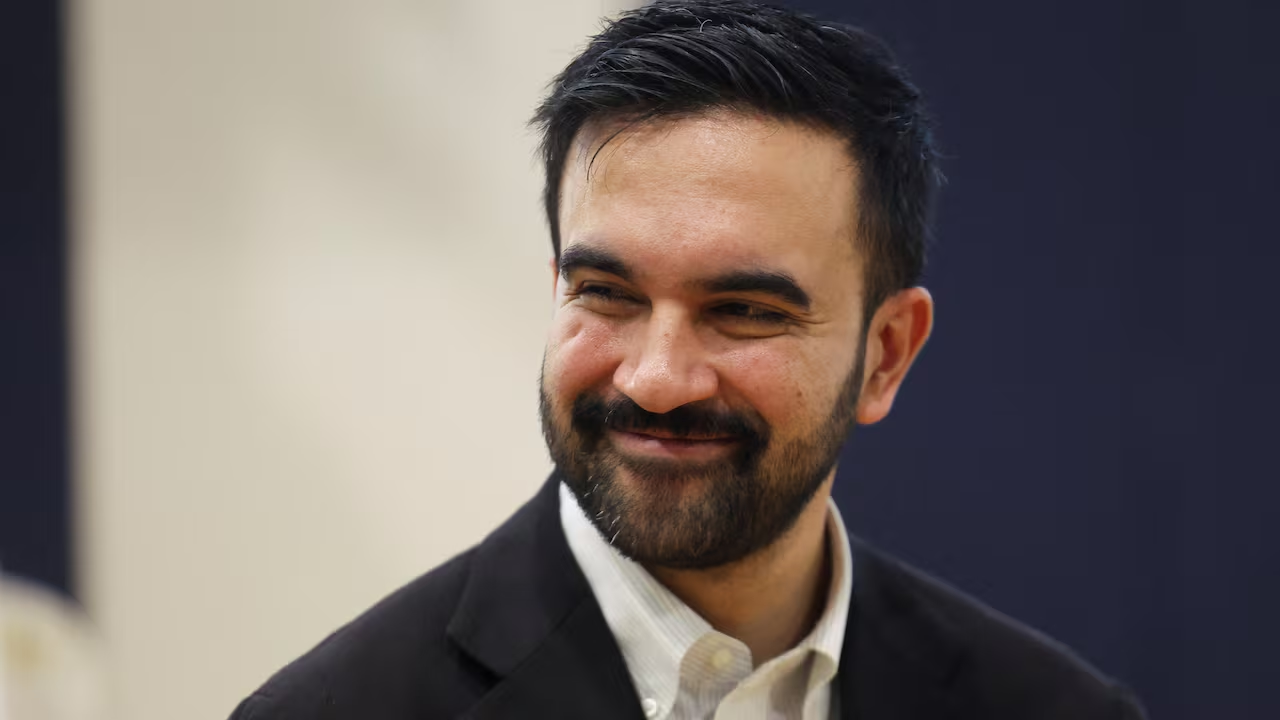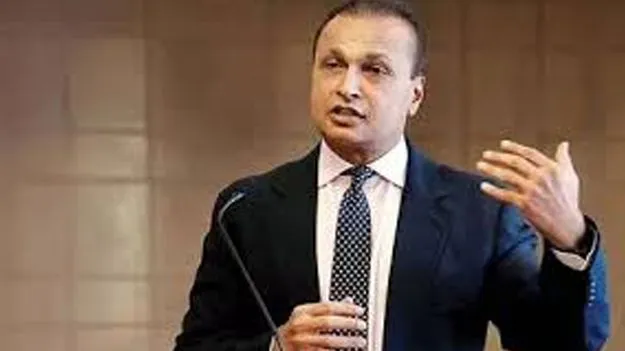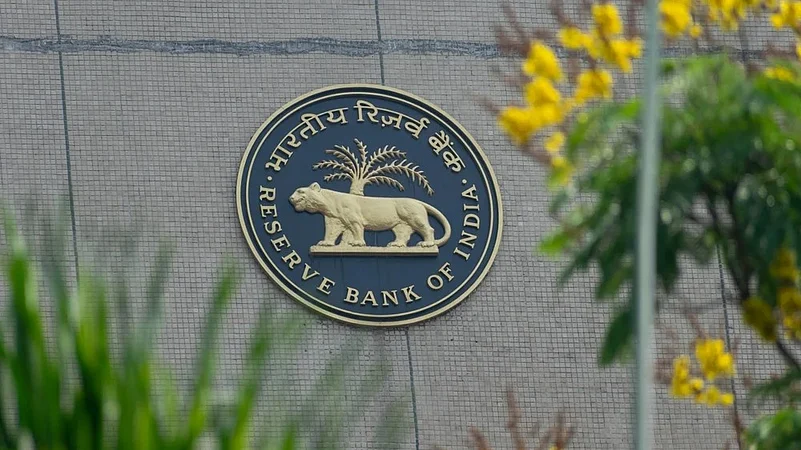In a landmark moment for America’s largest city, Zohran Kwame Mamdani has secured the mayoralty of New York City, becoming the first Muslim, the first person of Indian origin and the first African-born individual to lead the city, widely regarded as the nation’s financial and cultural capital.
At just 34 years old, Mamdani’s victory caps a meteoric rise. A working-class message coupled with genuine charisma helped him energise voters across all five boroughs. His win arrives at a critical time for progressive Democrats, as the party searches for fresh direction in the face of deep internal divisions and national political headwinds.
In the general election, Mamdani defeated former New York Governor Andrew Cuomo—whom he had already bested in the June Democratic primary—and easily surpassed Republican nominee Curtis Sliwa. With over 2 million New Yorkers turning out, this race saw the highest turnout for a mayoral contest in the city since 1969.
Sliwa, conceding after most major media called the race for Mamdani, vowed to remain in New York and to “hold the mayor-elect accountable” so that socialism would not “replace capitalism.” Meanwhile, President Donald Trump—who had derided Mamdani as a “communist,” threatened to freeze federal funding and even suggested “taking over” New York if the Democrat won—quietly accepted the results.
Born in Kampala, Uganda, to filmmaker Mira Nair and scholar Mahmood Mamdani (both of Indian heritage), Mamdani moved to New York as a child and grew up in Queens. The campaign he ran was boldly anchored in affordability: promises to provide free child care, free bus service and city-run grocery stores for one, paid for by higher taxes on the wealthy and large corporations.
That platform struck a chord with the city’s young adults, immigrants and working-class families—particularly in outer boroughs where cost-of-living pressures continue to mount. But significant questions remain: how will Mamdani finance such sweeping programmes? Does his lack of executive experience undermine his ability to govern a city of eight million? And how will he navigate the inevitable clashes with a sceptical federal government and entrenched business interests?
For now, however, Mamdani’s win marks a watershed moment—not only for New York, but for American politics. A newcomer, a first-generation immigrant, a minority and a progressive: he rewrote the narrative of who can lead one of the world’s great cities. As listeners will be watching closely, the next chapter of his political story will define whether bold promises translate into effective governance.














